Nurturing a Localization Team to Thrive
This week I had the opportunity to have a very interesting chat with Kristin Gutierrez of inWhatlanguage .We talked about different topics related to this wonderful industry of localisation in which we are immersed. From one topic we jump to another, and then to another and in the end, we end up recording a webinar!
The subject we covered in such webinar was "Nurturing a Localization Team to Thrive"
It’s around 25 minutes long and I’m summarising below main key take aways so you can have a rough idea about the areas we covered!! I
Key takeaways of this webinars are as followed:
Localization is a people business, it’s all about people.
We can spend long hours or even days talking about best localization practices, how to create the perfect localization kit for our vendors, we can also have a passionate discussion about cost models and ROI of internal Loc teams’ vs outsourcing … but, usually, we forget to pay attention to people ... and most of the projects fail because of the people and the communication within team members and different stakeholders.
Agile Project Management
Agile Localization or Agile Project Management can help us to set up the foundations to create the basics of the framework to help a Localization team to thrive. Among the different agile techniques, we can use Management 3.0 is a very powerful one. Management 3.0 is a new way of leading, definitely more aligned with today’s needs and it’s a way of leading Localization organizations in a very powerful way. Management 3.0 is not another framework, it’s a mindset, combined with games, tools, and practices to help any worker manage the organization. In Management 3.0 we have a series of principles that they are incredibly useful to get the best of our teams
Principle #1 Engaging people and their interactions. Get people involved in the work, get people involved in interacting with each other. Increase interactions between people.
Principle #2 Improving the system. A Management 3.0 practice should improve the system. The system is not just one team, everyone interacting with the team is part of the system. We believe in a win-win. We should try to improve the whole system and not just one part of the system.
Principle #3 Helping to make all clients happy. Clients are not just our external customers, we consider everyone involved in the system a client. Co-workers, other teams, customers, shareholders, etc… We should try to delight all clients, not just the stakeholders or just our co-workers.
Principle #4 Managing the system, not the people .We believe that it is hard to change behavior of people. However, when you change their environment, people will have to adapt and change their behavior to fit into the new environment. Also by changing the environment people can manage themselves. Management is just about nurturing the garden.
Principle #5 Co-creating work. Co-workers create things together, and co-creating is also about giving feedback to each other. Co-create behavior
Cultural Intelligence
Cultural Intelligence combined with Agile Project Management techniques such as Management 3.0 is a great combination as it combines the power of agility with the individual capacity of people to interact sucesfully with people from different backgrounds, from different cultures. If you want to know more about about Cultural Intelligence I covered this topic in this post here
Leading teams today may be harder than ever. There are new generations arriving the workforce we have people working from every corner around the globe. And creative workers require a new way of being managed and lead. Hope the ideas I shared in this webinar can help somehow to contribute to a happy and effective leading!
Please comment or share below any technique that you used in the past to help to create an environment where Localization individuals can shine …
Looking forward to hearing from you.
Have a wonderful week!
@yolocalizo
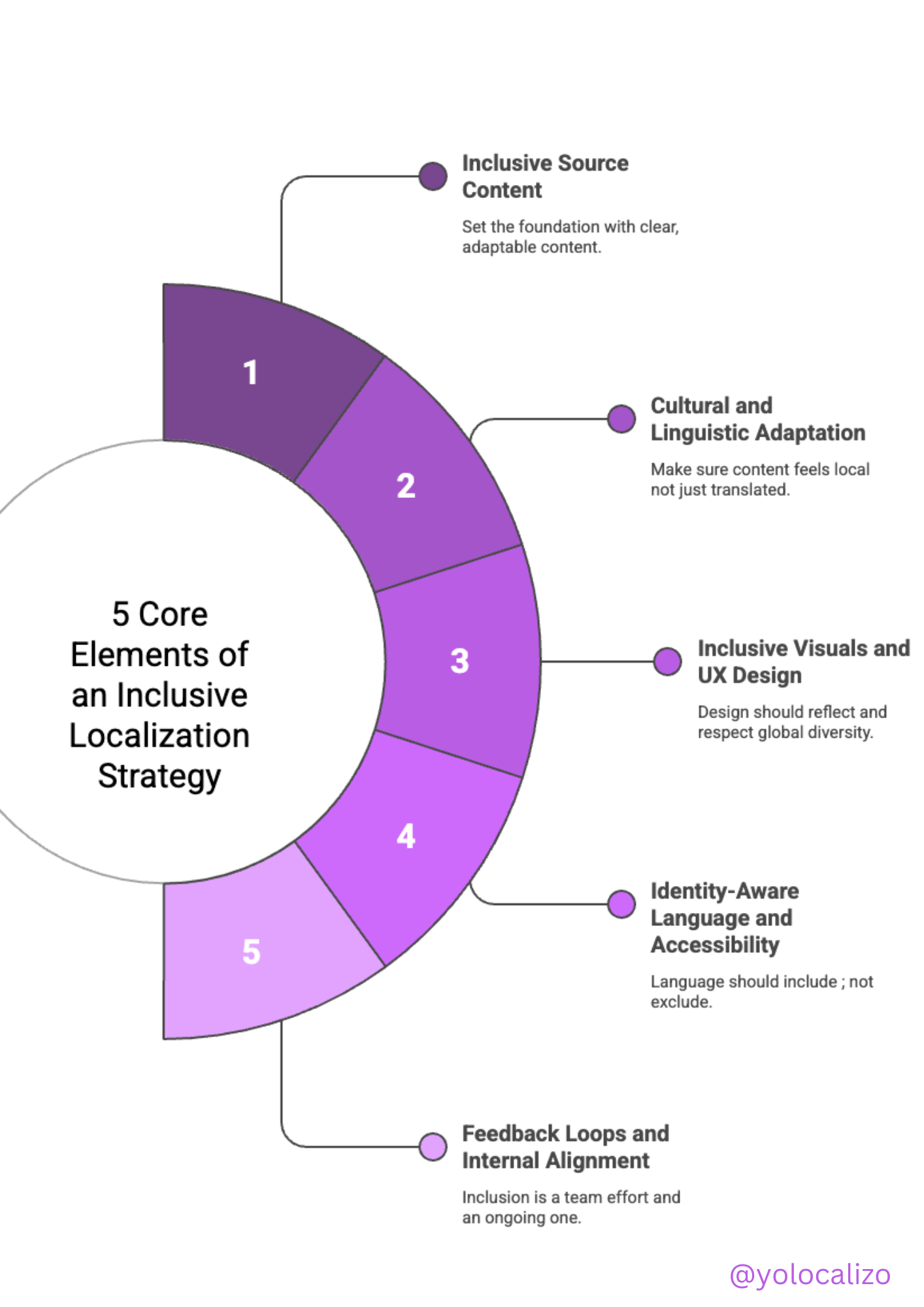

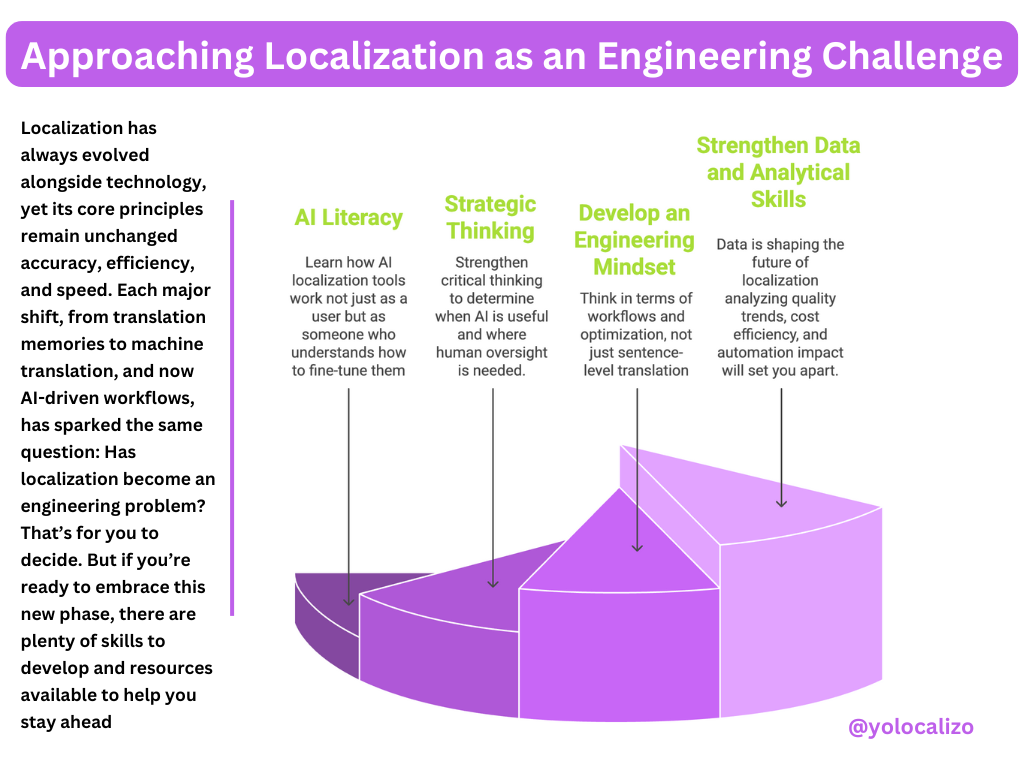
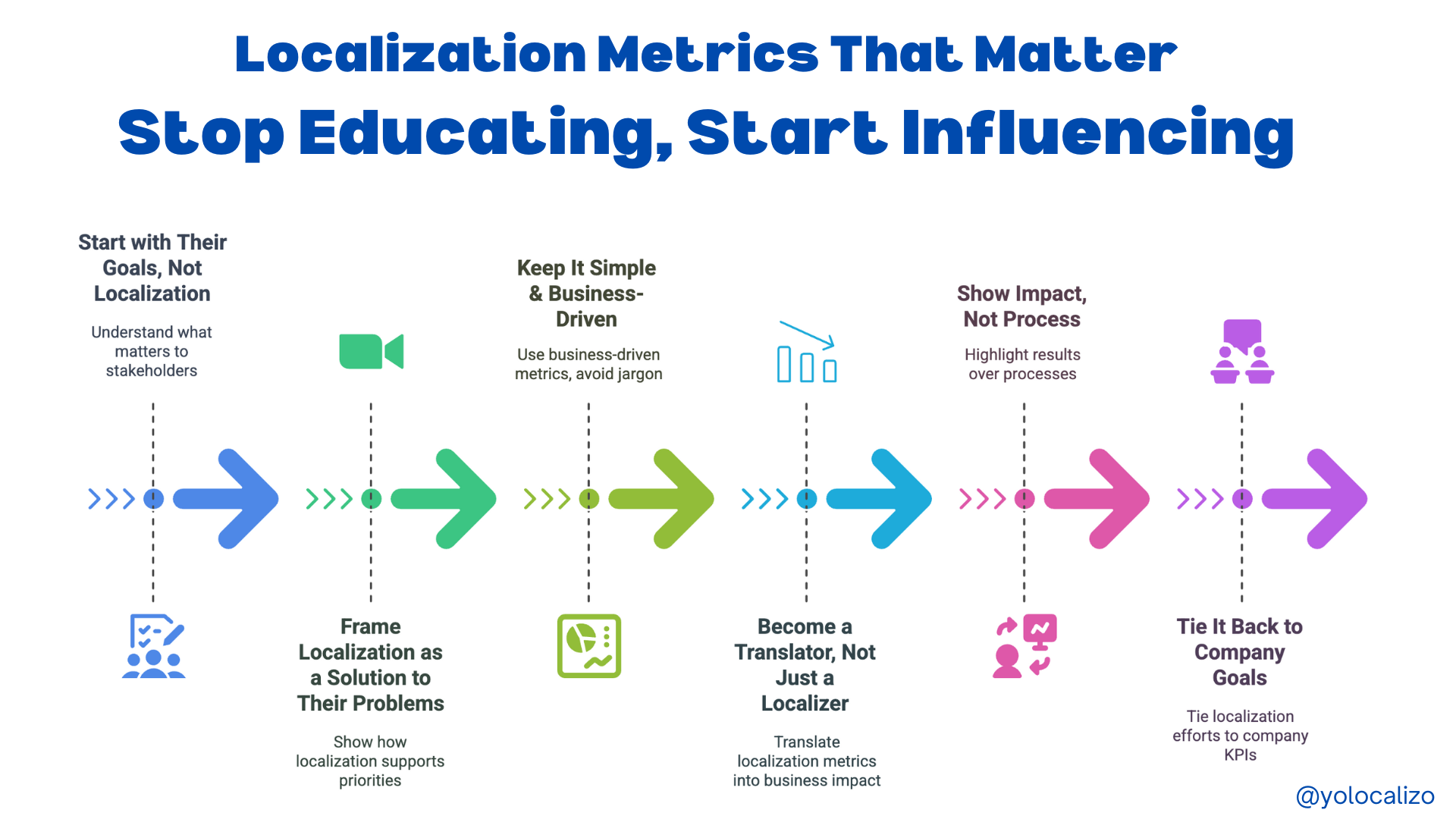


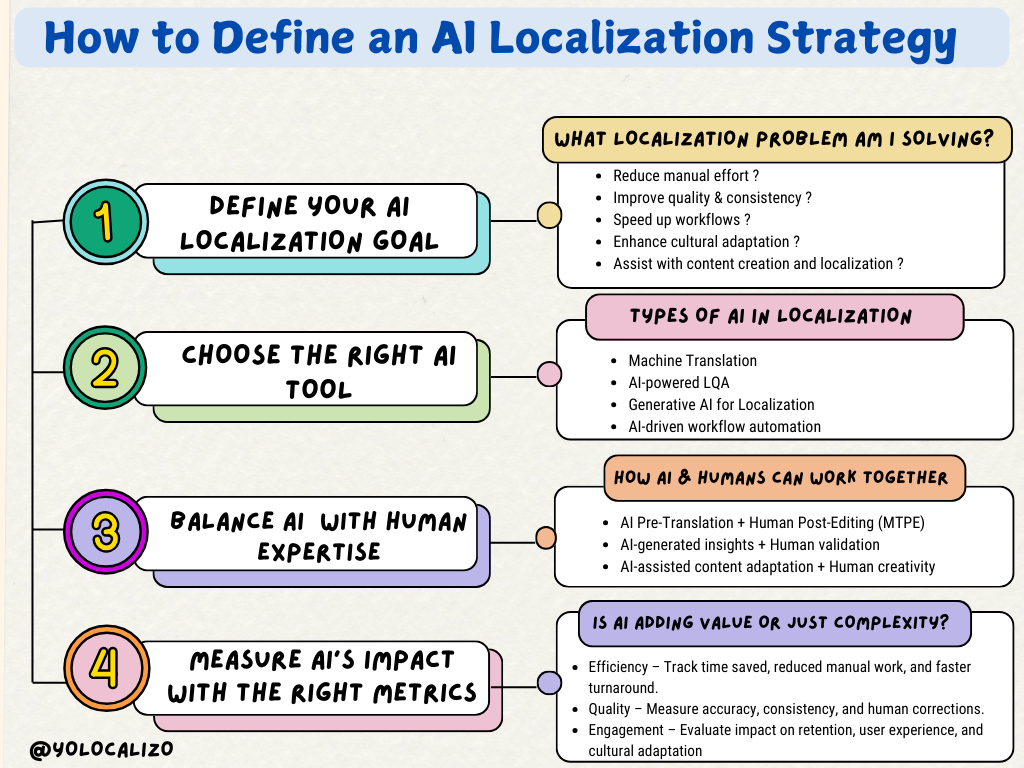




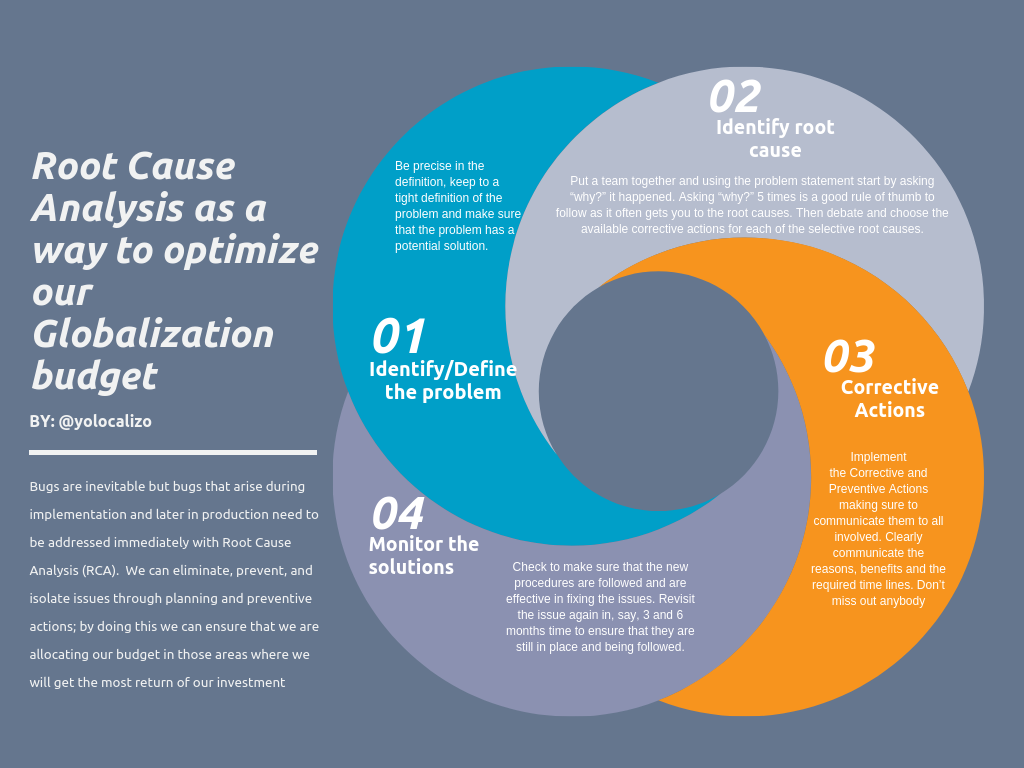

Localizability has always been a challenge small issues in source content often lead to big problems later in translation. In this post, I explore how AI is giving localization teams a powerful new way to improve source quality, reduce friction, and create better content for every market right from the start.